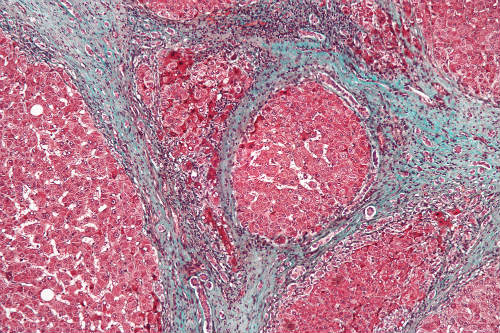Click here for the next report.
San Francisco—Patients with cirrhosis are frequently readmitted within 30 days of discharge. This is partly due to the fact that no standardized discharge protocols have been widely accepted. This has led to the use of a variety of protocols and frequent readmissions at high cost to both healthcare facilities and patients.
D Kumral and colleagues at the University of Virginia School of Medicine reduced the hospital’s readmission rates for patients with cirrhosis 60% by implementing a straightforward education program with a follow-up call. Dr. Kumral reported the findings in poster 13 at the 2015 annual meeting of the AASLD, held here recently. You can find the entire abstract here.

The study team monitored the 20 patients who received the educational program and follow up for 30 days following discharge. Patients in the intervention group had a 30-day readmission rate of 25% compared to a readmission rate of 62% among a control group of 25 patients discharged during the same time period 1 year earlier who received customary discharge instructions. The relative risk reduction of 60% correlates to a number needed to teach of 2.7 to prevent one 30-day readmission.
